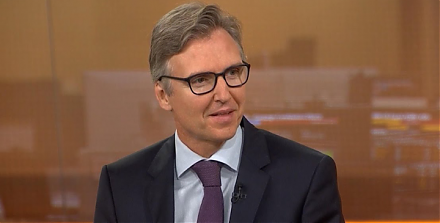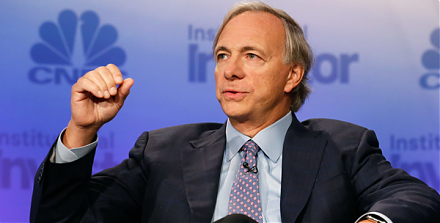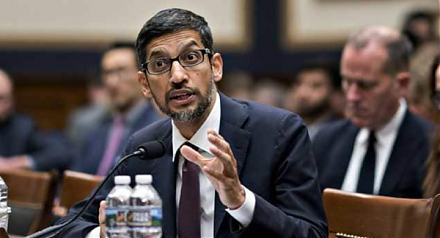

2019-12-19 14:43:00 Thu ET
treasury deficit debt employment inflation interest rate macrofinance fiscal stimulus economic growth fiscal budget public finance treasury bond treasury yield sovereign debt sovereign wealth fund tax cuts government expenditures
JPMorgan Chase CEO Jamie Dimon views wealth inequality as a major economic problem in America. Dimon now warns that the rich Americans have been getting wealthier too much in many ways. In contrast, Dimon further observes that middle-class income remains flat for 15-20 years. This stark economic divergence cannot be particularly good in America.
Some demographic changes may be the root cause of both wealth inequality and a rare lack of trade-off between inflation and unemployment in America. The latter has profound public policy implications for the Federal Reserve and Treasury in terms of dovish interest rate adjustments with better fiscal prudence. The Sargent-Wallace monetarist arithmetic analysis shows that the monetary authority cannot contain inflation with maximum sustainable employment and price stability when the government continues to issue public bonds to fund incessant fiscal deficits on top of national debt mountains. The Dimon remarks emerge amid many criticisms of the top U.S. income cohort by Democratic Senator Elizabeth Warren, Former Vice President Joe Biden, and Former New York City Mayor Michael Bloomberg. Dimon further suggests that both income and wealth inequality may inadvertently widen disparities in socioeconomic opportunities from education and health care to employment and technology.
If any of our AYA Analytica financial health memos (FHM), blog posts, ebooks, newsletters, and notifications etc, or any other form of online content curation, involves potential copyright concerns, please feel free to contact us at service@ayafintech.network so that we can remove relevant content in response to any such request within a reasonable time frame.
2017-04-19 17:37:00 Wednesday ET

Apple is now the world's biggest dividend payer with its $13 billion dividend payout and surpasses ExxonMobil's dividend payout record. Despite the
2019-07-11 10:48:00 Thursday ET

France and Germany are the biggest beneficiaries of Sino-U.S. trade escalation, whereas, Japan, South Korea, and Taiwan suffer from the current trade stando
2022-09-15 11:38:00 Thursday ET

Capital structure choices for private firms The Kauffman Firm Survey (KFS) database provides comprehensive panel data on 5,000+ American private firms fr
2019-04-25 09:35:00 Thursday ET

Bridgewater hedge fund founder Ray Dalio suggests that the current state of U.S. capitalism poses an existential threat for many Americans. Dalio deems the
2019-05-19 19:31:00 Sunday ET

MIT professor and co-author Daron Acemoglu suggests that economic prosperity comes from high-wage job creation. Progressive tax redistribution cannot achiev
2018-12-15 14:38:00 Saturday ET

Google CEO Sundar Pichai makes his debut testimony before Congress. The post-mid-term-election House Judiciary Committee bombards Pichai with key questions